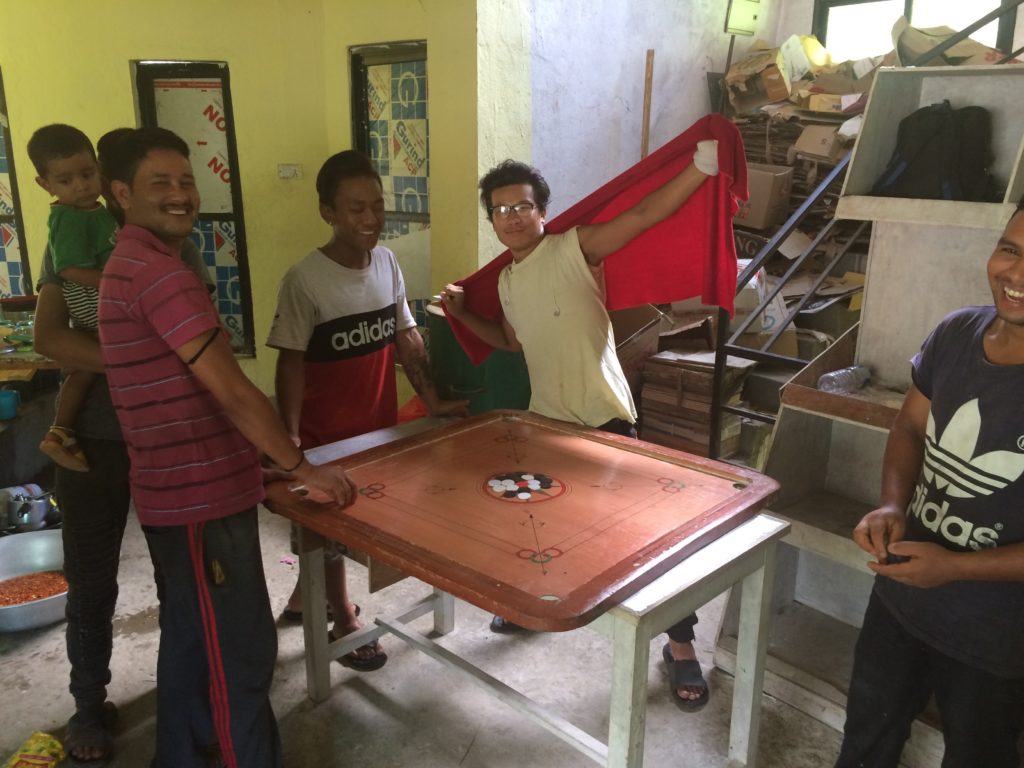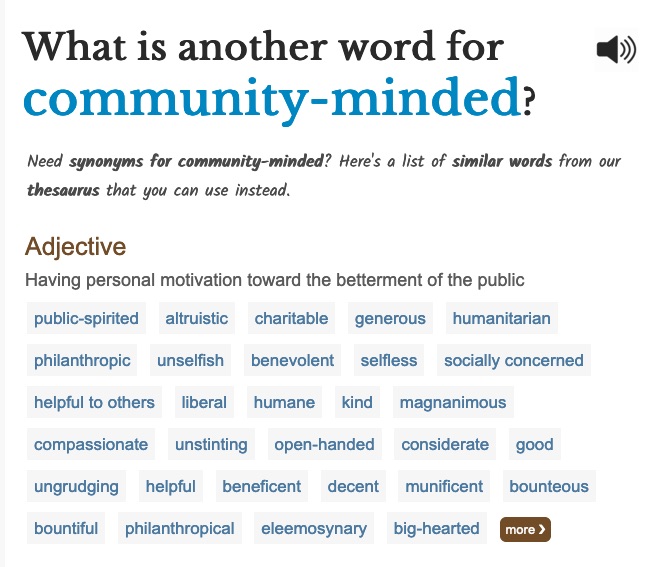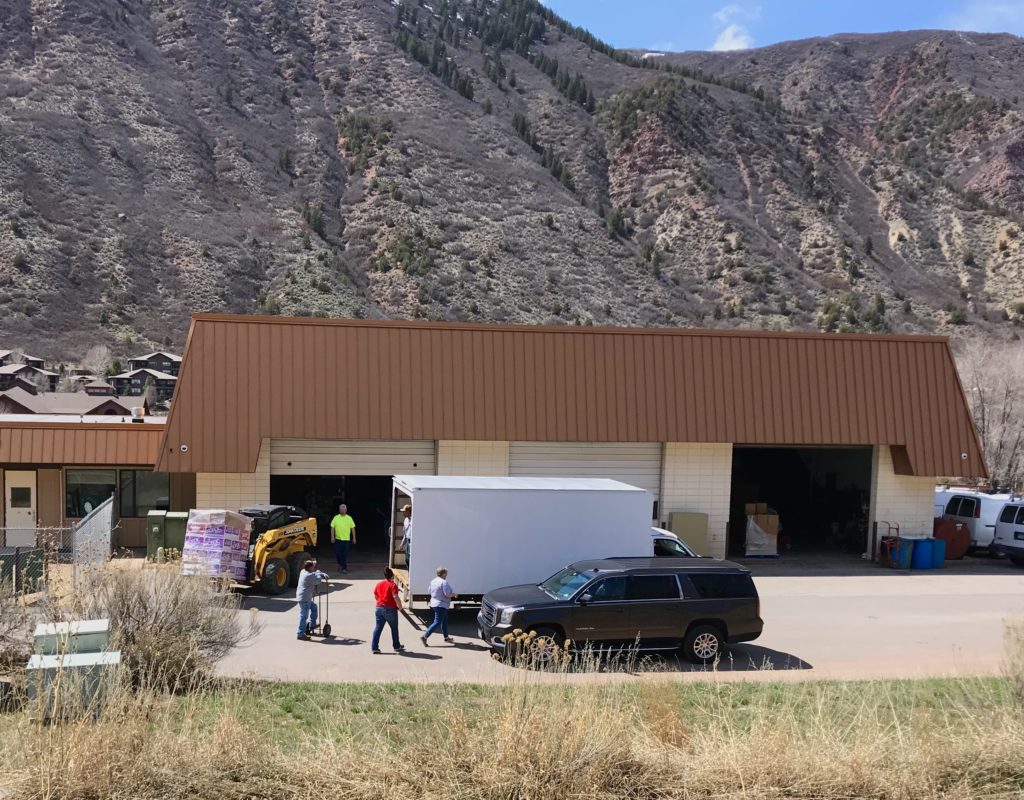The Latest Trend
What day is this? Oh! It’s Friday April 3. How long have we been sheltering? When did this start? I’m afraid I’m losing track.
Has time slowed down for you? It has for me. While my options for activity are more limited, there is no limit to the number of concerns I have, the number of reports, and the lack of resolution in all this information. There is steady stream of new and critical information entering my awareness and yet there is a short list of what I can do to make a difference. This stream is different than the regular news-noise we’ve become accustomed to over the past 3+ years. Rather it contains speculation about people living and dying, suffering, in isolation and facing present and possible loss.
I came across an interesting explanation for the time-warp we are currently experiencing:
There’s a well-known idea that time feels like it speeds up as you age. Summer break feels like an eternity when you’re nine years old but your 60s can skip by in a flash.
The leading theory for why this happens is that the perception of time relies on the number of memories formed in a period, and memories are encoded from new and surprising experiences. The monotony of commuting to work on the same road for 20 years passes without leaving a mark. But every day is a memorable surprise to a child experiencing her first summer camp, or learning how big the universe is for the first time.
Time slowed in March because for the first time since childhood many of us are being bombarded with new and surprising experiences.
Collaborative Fund
Surprise, novelty? These are things that modern people have come to crave aren’t they? The latest music, trend, fashion, technology, idea… The young have craved the “new” as long as I’ve lived and from what I know of history, they always have. Only the pace has changed. But now we are physically at full stop but mentally speeding, with eyes wide open to the novelty of change that is out of our control.
As I have aged I have less need for novelty. I am content with routines aimed at a few goals; family, friends, health, and understanding my world through reading, meditation and observation. Of course I appreciate surprises and a novel experience but I approach them differently than I did as a young man.
As a 64 year old man, days do fly by. It seems like only yesterday that my first grand-child was born, but now she is 7. At the same time she was born, I was retiring. I can’t believe I’ve been retired for 7 years! I returned from Asia 2 years ago. Time did slow while I was there. As I have recounted in my entries from that time, Nepal was like a dream – like a slow unfolding dream. Each day carried unexpected moments of sights, sound, smells and human interaction.

This Present Moment
From what I am reading and hearing, there are but a few categories of activity in this moment of historical crisis. People are doing the best they can based on their geography, profession, age, and socioeconomic status. Some people are challenged with following necessary restrictions while providing service consistent with their profession. It is a shakeup of our sense of normal:
- People sheltered at home. Limited activity of shopping for “necessities”, exercise, gathering with distance. “At least 297 million people in at least 38 states, 48 counties, 14 cities, the District of Columbia and Puerto Rico are being urged to stay home.” While some of us are in a relatively secure home with access to food and shelter, some are unemployed, some are without shelter and food, some are in crowded situations or institutions where they are close to other residents.
- People on the front line of health care. With families sheltered at home, these dedicated and precious individuals are working to hold the line on the pandemic. They are the doctors, nurses and all the support staff required to keep hospitals up and running. Some are overwhelmed in the current battle while some are waiting and provisioning for the coming emergency.
- People on the front line of essential services. While “essential” is currently being debated, people DO need food and other supplies to keep going. Grocery stores, post offices, delivery services employ people who continue to provide us support. These people are exposing themselves every day as the public gets face to face. They are generally low paid and dependent upon the salary.
- People working to secure supplies. hospital administrators, local, state and national agencies and leaders in a position to identify gaps and do their best to fill them.
- People reporting on developments, providing information through print, digital and broadcast media. As we shelter in our isolated locations, there is an increasing need for accurate information; to guide our behavior, help us secure support, allay our fears, prepare us for the future.
- People who are providing service from the shelter of their home. Teachers, unemployment personnel (State and Federal), therapists, social workers, lawyers, technology support services, banks, and other support services too numerous to count.
This is a simple snapshot of the current social shift of work in the United States. Some likeness of this is being mirrored around the world, though we are blessed with an infrastructure that makes adjustment easier than a village in Peru.
While news, digital communication and direct observation are providing us with a small window into the activities of our fellow citizens, each of these groups is experiencing this crisis differently. My small window into the hospitals in New York and other cities of high infection gives me some appreciation for their sacrifice, but it doesn’t do them justice. This ignorance of other’s effort is evident in the denial that some cities and states maintain, despite daily news of the tragedy. There is an attitude being above it all, continuing with business as usual.
Silver Lining of Fear
We are all hopeful that the tide will turn quickly and we can return to business as usual. At the same time we are fearful. Fearful for our personal safety, for our livelihood, for our children and our future. For some this fear is motivating and bringing us greater appreciation for our community and our blessed, comfortable life.
This moment of crisis can be a moment of clarity. We are fearful and want to protect ourselves and our loved ones. That’s understandable. This virus, shows us our connection, our interdependence. It shows us how our protection is dependent upon everyone in our midst in a chain of connection that goes all the way around the world. We can take this moment to share other connections; our kindness, compassion, appreciation. These are also infectious.
A retreat for Buddhists is a time for drawing a boundary. It provides one with time to come to terms with the mind and how it creates our reality. Isolated from daily distractions we are left with only our thoughts and feelings, the disturbed and the blissful. Through reflection we learn that we have a choice to create an angry world or a peaceful world. When we are willing to pay attention our thoughts we will discover one important source of our suffering – ourselves.
Paradoxically, this retreat (safe at home) can provide us with a sense of connection to others. In recognizing our personal suffering, we realize that all beings create suffering for themselves, even as they strive for happiness. Like a mother responding to the suffering of her child, this realization brings us compassion for others. I pray that this crisis, and the retreat it has forced upon us, will bring people to realize their common humanity and spark compassion for the welfare of all beings.


